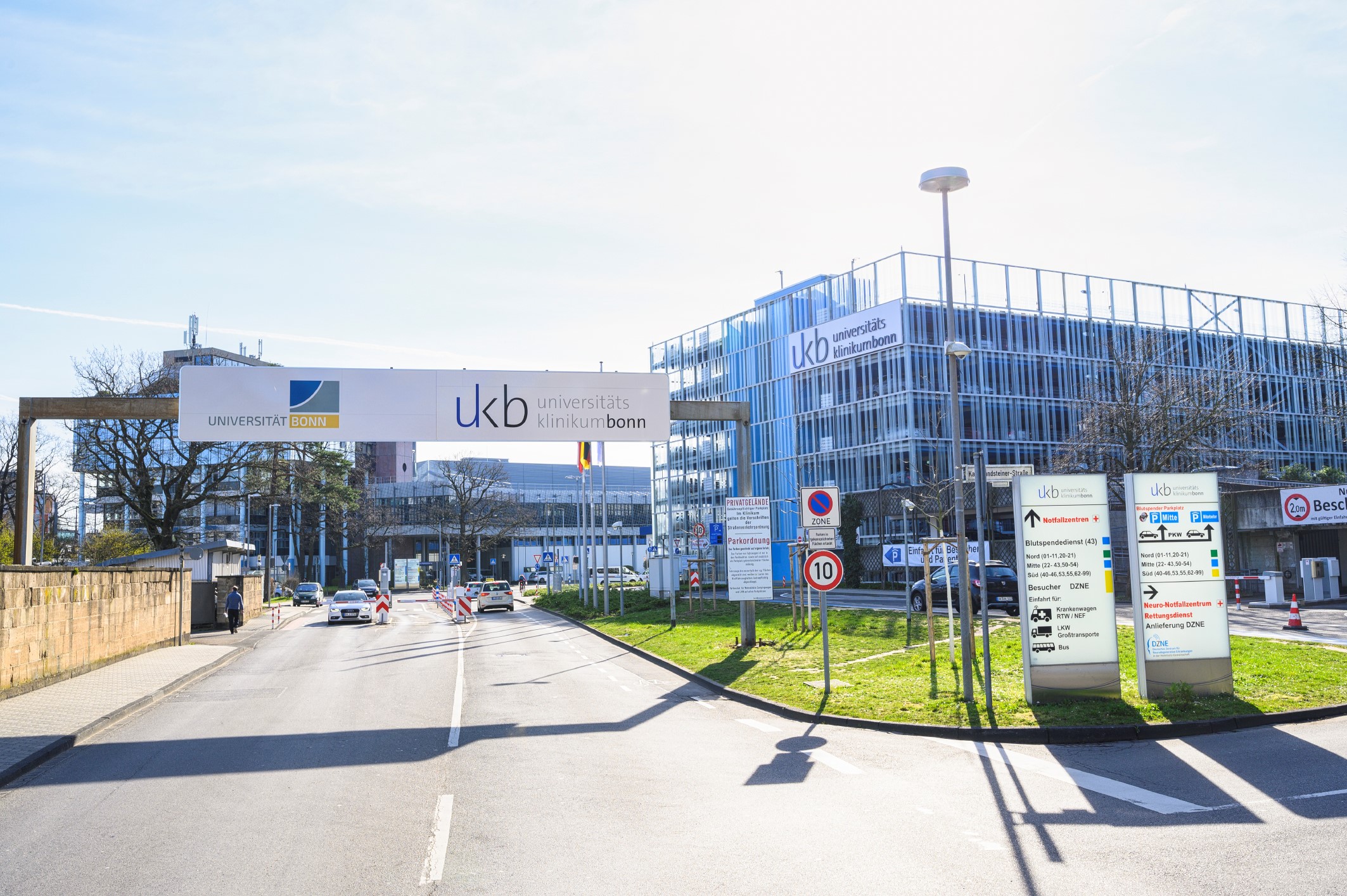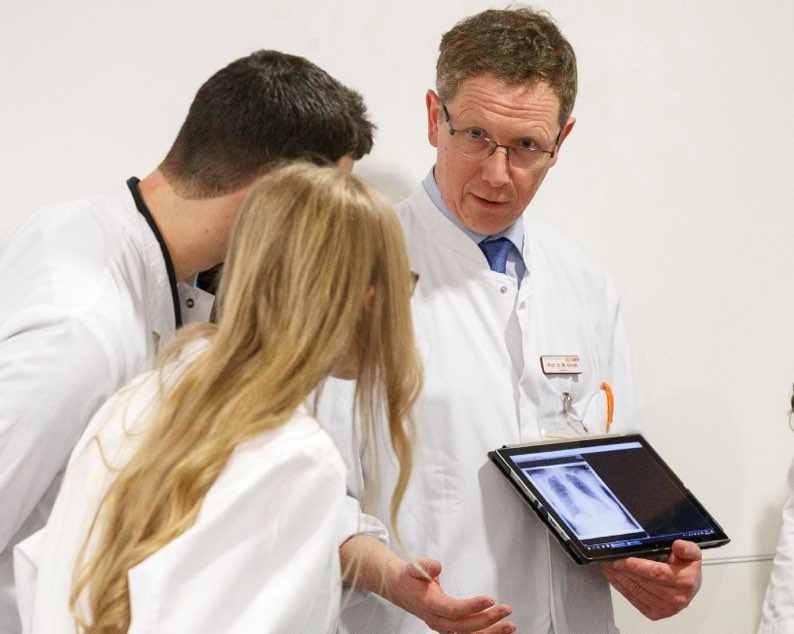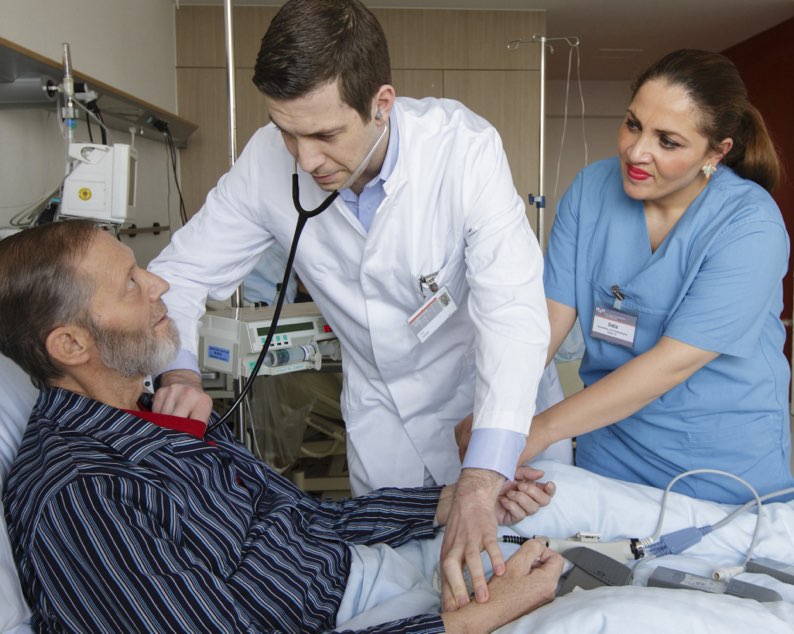Who we are
The 35 Academic Medical Centres in Germany are represented by the German Association of Academic Medical Centres (VUD) and the 39 medical faculties by the German Association of Medical Faculties (MFT). Academic Medical Centres are responsible for providing health care, while the medical faculties are focused on research and teaching. In practice, however, these remits are very interdependent, resulting in close collaboration between the institutions. This is mirrored in Deutsche Hochschulmedizin e. V. [German University Medicine (DHM)] – the joint umbrella organisation encompassing both associations.
What we do
Under the umbrella of the DHM, we find and develop joint concepts and results. We are a public mouthpiece for the unique combined pursuit of research, teaching and health care provision. As a socially responsible organisation, we are promoting science, research and health care in Germany.
As the umbrella organisation for Academic Medical Centres and medical faculties, we offer our members platforms for networking and support them in developing joint infrastructures. We hold scientific events, promote the exchange of information and experience, and provide opportunities for training and development. We engage with authorities, organisations and professional associations, and we have representatives in various committees.
German Association of Academic Medical Centres
The German Association of Academic Medical Centres (VUD) represents the interests of the German Academic Medical Centres when dealing with political institutions and the public, and advises its members on political, legal and medical matters.
German Association of Medical Faculties
The German Association of Medical Faculties (MFT) is the voice of the medical faculties with regard to politics, science and the public. It promotes dialogue and networking as well as providing advice and information. The objective of its work is to improve the general conditions for medical teaching and research in Germany.
Projects and collaborations
Netzwerk Universitätsmedizin [University Medicine Network (NUM)]
The Netzwerk Universitätsmedizin [University Medicine Network (NUM)] was founded in order to respond to the challenges of the pandemic as rapidly as possible. Structures aimed at consolidating and coordinating COVID-19 research were established at German university medicine sites in an extremely short timescale. This scheme, which proved its worth during the crisis, is now to be continued on a permanent basis. The Federal Ministry of Education and Research (BMBF) wants to develop a concept to consolidate and expand the NUM and will provide it with an additional 240 million euro by 2024.
Medizininformatik-Initiative [Medical Informatics Initiative (MII)]
The Medical Informatics Initiative (MII) wants to use digitalisation to improve both research and patient care. IT solutions are being designed to facilitate data sharing between institutions as well as between research and patient care facilities. To this end, data integration centres are being established and networked at Academic Medical Centres and collaborating institutions. As a first step, they are developing innovative IT solutions for specific medical use cases. Within the framework of the MII, all German university hospitals will work together with research institutions, companies, health insurance funds and patient organisations.
Tierversuche verstehen [Understanding Animal Testing (TVV)]
There are many medical milestones that would not have been reached without animal testing. When it comes to approving medications, animal testing is even a legal requirement. However, animal testing is a subject that consistently raises ethical questions – both in society and among researchers. Deutsche Hochschulmedizin engages in dialogue regarding animal testing, is an active member of the „Tierversuche verstehen” (TVV) organisation and supports the animal testing transparency initiative.
Nationale Dekade gegen Krebs [National Decade against Cancer]
Deutsche Hochschulmedizin is involved in a collaboration with the National Decade against Cancer. With this initiative, the BMBF wants to ramp up cancer research, prevention and early detection and accelerate the transition from research to patient care. With its interdisciplinary research and care, Deutsche Hochschulmedizin plays an important role in the fight against cancer. In particular, the Oncology Centres of Excellence offer access to cutting-edge diagnostics and treatment – even for complex and rare cancers – as well as innovative treatment approaches within the context of studies.
Landkarte Hochschulmedizin [University Medicine Map]
Since 2002, the German Association of Medical Faculties has been maintaining and publishing the Landkarte Hochschulmedizin. This comprehensive database maps the structure, finances, personnel, research, teaching and health care provision of the university medical institutions in Germany. The interactive map is not designed for the purpose of ranking institutions; instead, the intention is to ensure transparency and facilitate informed discussions regarding the facilities, alignment and quality of the institutions.
Board of directors

Prof. Dr. Jens Scholz
First Chairman of the VUD
University Hospital
Schleswig-Holstein

Prof. Dr. Matthias Frosch
President of the MFT
Medical Faculty of the Julius Maximilian University of Würzburg
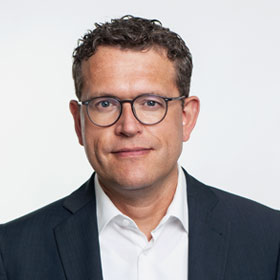
Jens Bussmann
General Secretary of the VUD
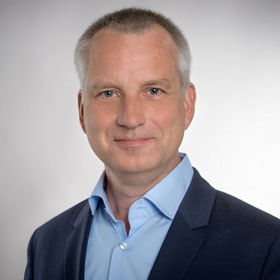
Dr. Frank Wissing
General Secretary of the MFT
Downloads
Contact
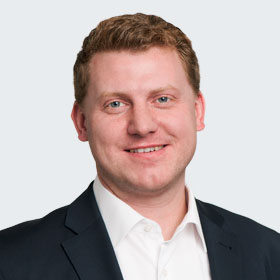
Sebastian Draeger
Department of Healthcare (VUD)
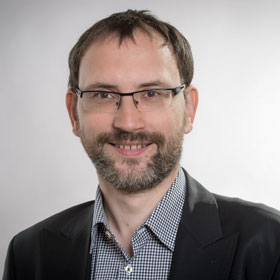
Richard Blomberg
Department of Research and Education (MFT)
